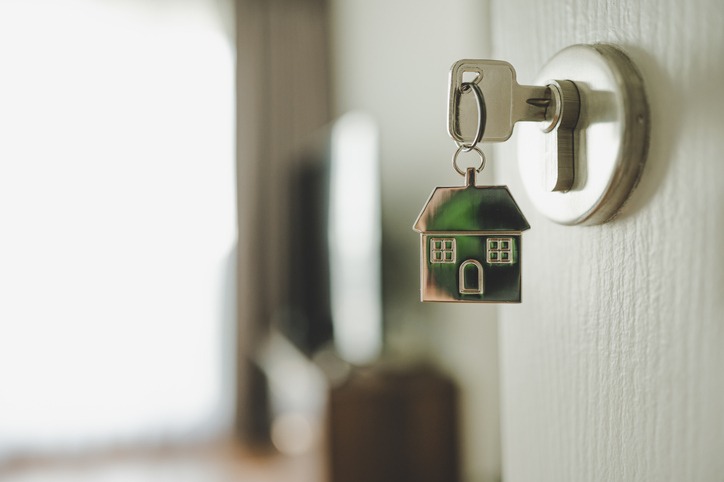Has home buying been on your mind lately?
It can be a big decision and there is a lot to consider before taking the plunge. In fact, many first-time home buyers feel overwhelmed by the process. From location to budget, there are so many factors to think about.
In this article, we’ll show you ten important things to think about before buying a new home. How to buy a new house? Learn more here.
1. Location
Are you looking for a quiet neighborhood or do you want to live in the heart of the city? Consider things like proximity to work, schools, parks, and your preferred amenities.
It’s important to base your decision on more than just a specific address. Look into the surrounding neighborhood and consider any potential changes in the future that could impact your decision.
2. Structure and layout
Do you prefer a single-family home or a condo? How many bedrooms and bathrooms do you need? Is the flow and layout of the property suitable for your lifestyle?
Take a careful look at the property and note any potential renovations or updates that may be needed. It’s also important to think about the long-term maintenance of the structure. You can start by checking if it already has roof waterproofing and how long it may last. Other important factors could include the condition of the plumbing and electrical systems.
3. Budget and financing options
Consider both the initial cost of purchasing the home as well as ongoing expenses, such as property taxes, insurance, and potential renovation costs. It’s also important to think about your ability to afford mortgage payments in the long term.
Research financing options and compare rates from different lenders. Make sure you understand all of the terms and conditions before signing any agreements.
4. Homeowners association fees
If you’re purchasing a house or a property in a planned community, there may be homeowners association fees. These fees cover the maintenance and upkeep of common areas, but they can also come with restrictions on things like renovations and renting out your property.
Make sure to carefully review the rules and regulations of the homeowners association and factor in the fees when considering your budget.
5. Property taxes
In addition to your mortgage payments, you’ll also have to pay property taxes on your new home. Research the current property tax rate for the area and consider any potential changes in the future that could impact your expenses.
6. Safety and crime rate
Look into the safety of the neighborhood and any potential concerns. Research the local crime rate and consider things like the presence of nearby police or fire stations.
An additional tip is to check for any recent natural disasters or weather events that could affect the property. Make sure to leave updated contact details with your neighbors in case of any emergency situations.
7. Future developments
Think about potential changes in the surrounding area that could impact your decision to purchase a home. This could include plans for new construction, road expansions, or major developments in the neighborhood.
See if this could affect things like noise levels, traffic, property value, and access to amenities. For example, if you are working remotely, you may want to consider if there are plans for nearby construction that could affect your ability to work peacefully at home.
8. Age of the property
Consider the age of the property and any potential renovations or updates that may be needed. Older homes may come with charming features, but they could also require more maintenance and repairs. One of the common concerns with older homes is whether the heating system is up to code and if the pipes are in good shape. As this can be a major expense, it’s important to carefully assess the condition before making a decision.
It could also affect the overall home interior since older homes may not have as many modern amenities. However, newer homes could come with higher property taxes and homeowners association fees.
9. Home inspection
It’s important to have a professional home inspection before purchasing the property. This can reveal any potential issues or problems that may affect your decision or negotiating power.
For example, the inspection could uncover structural damage or the need for a new roof. It’s also important to check for things like mold growth, asbestos, and faulty electrical wiring. Make sure to look at the electrical and generator system as well and see if any updates or repairs may be necessary. All these factors should be considered when determining the overall cost and value of the property.
10. Check for liens
Make sure to do a title search and check for any liens on the property. This could cause major issues in the future if they are not resolved before purchasing the home. It’s also important to review any past or current legal disputes related to the property, such as boundary or ownership disagreements with neighbors. Doing your due diligence can save you from potential headaches and expenses down the road.
Find Your Dream Home Soon!
Overall, purchasing a home is a major decision and investment. It’s important to carefully consider all factors and do thorough research before making any commitments. Hopefully, these tips can guide you in making an informed and confident decision in finding your dream home.
For more information and tips about home living, visit The Dedicated House’s blog page!

